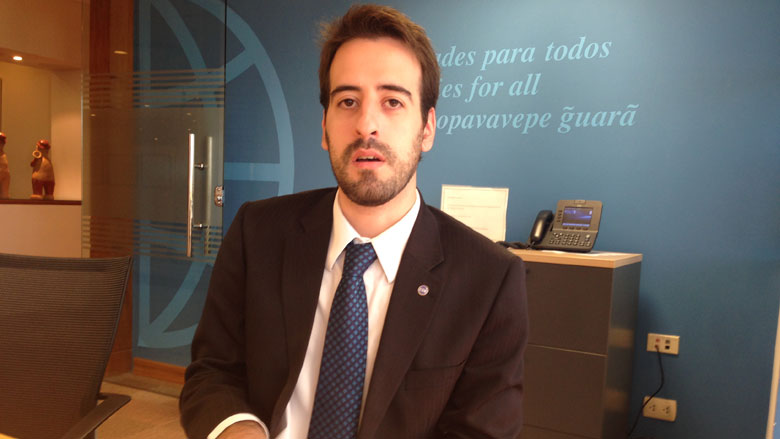Question: What is the support being provided by the Comptroller General's Office of Brazil to the process of implementing the Law on Access to Public Information in Paraguay?
Answer: Brazil has a Law on Access to Public Information from May 2011. I am a member of the team implementing the Law, specifically the team that developed the e-SIC portal in Brazil. In this context and taking into account such experience, we are supporting the National Secretariat for Information Technology and Communications (SENATICS) in the diagnosis and survey of the needs for the development and implementation of the Government’s Unified Portal for the Access to Public Information. We advised SENATICS in developing a roadmap for implementing a unified ATI portal that will be integrated into the strategic planning of the ATI Directorate of the Vice Ministry of Justice, which is coordinating the implementation of this law within country of Paraguay as a whole.
Q: According to your experience, what are the main challenges for the implementation of the portal in Paraguay?
A: The Paraguayan portal project is very innovative because it will allow citizens not only to make requests online but also to check requests that were already made by others through the same portal. Thus, it combines active transparency with passive transparency in an innovative way. Passive transparency when the government responds to a request for information, and active transparency when the government proactively releases information.
The project concerning the Government’s Portal for Access to Information in Paraguay expects that requests will be public, so other people can see all requests through a search engine. This is very important for citizens because they can access information immediately without having to make another request for the same issue, thus eliminating the need to wait 15 working days for a response.
On the other hand, it is also a benefit for institutions because they will not have to spend resources to respond to the same request several times, therefore it benefits both sides. The challenge then is that citizens need to know that once the request is filed it will already be made public, and therefore should not include sensitive personal information.

